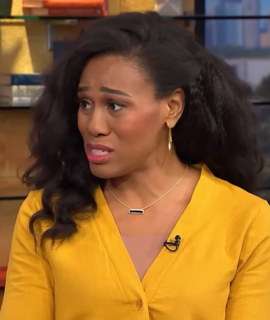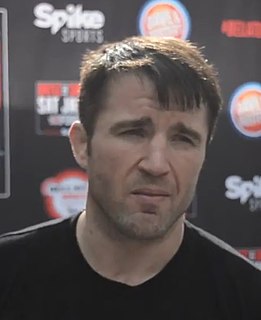A Quote by Renata Adler
Sanity ... is the most profound moral option of our time.
Related Quotes
Sanity and enlightenment...I've been reading a new book Dogen's Genjo Koan: Three Commentaries, and it contains a commentary on Genjo Koan by Shunryu Suzuki, the author who wrote Zen Mind, Beginners Mind. He doesn't mention sanity at all but I think that one possible definition of enlightenment would be a kind of profound sanity, where being insane is no longer an option.
The struggle to create a nation and world of economic and social justice and environmental sanity is not an easy one. The struggle to try and create a more peaceful world will be extremely difficult. But this I know: despair is not an option if we care about our kids and grandchildren. Giving up is not an option if we want to prevent irreparable harm to our planet.
Sure, if you're a well to do family, you always have the option of sending your children to private schools where teachers spend less time disciplining kids and more time teaching them. However, this option is beyond the reach of most households. And this is what makes school vouchers such a promising solution for lower and middle income families.
I grew up in a household where the FryDaddy was always bubbling, and butter and salt were never in short supply. I've never been one to choose the healthy option over the non-healthy option if the healthy option was lacking in taste. I believe a little bad is good for you from time to time. When it comes to maintaining a healthy soul, nothing beats traveling.
People come to have different moral beliefs because they have different non-moral beliefs about relevant facts. People are disposed to believe whatever justifies the practices and institutions that benefit them. But I argue that not all moral differences can be explained away in such a fashion. Some of the most profound disagreements come from differences in priority assigned to values such as relationship and community on the one hand, and individual rights and personal autonomy for the individual, on the other hand.

































